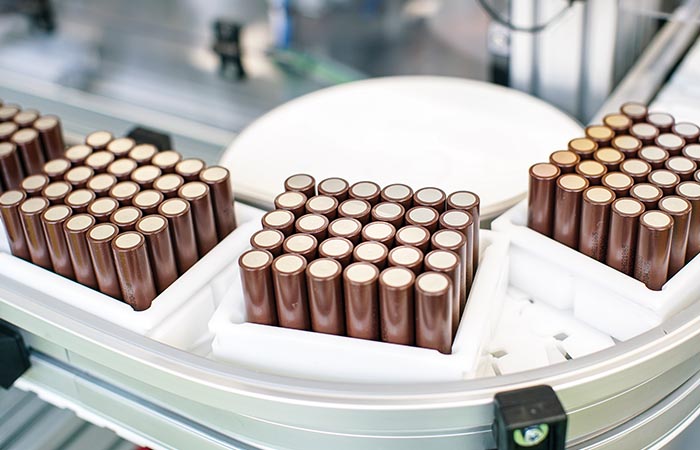Rolls-Royce and Superdielectrics enter high energy storage agreement
Rolls-Royce and Superdielectrics are to explore the potential of using polymers to create next generation high energy storage technology.

The agreement will see Rolls-Royce combine its material science and technical expertise with Superdielectrics’ novel hydrophilic polymers that have been shown, in partnership with researchers from the Universities of Bristol and Surrey, to have potentially outstanding energy storage properties.
Dr Dave Smith, director of Central Technology, Rolls-Royce, said: “We believe that electrification will play an increasingly important role in many of our markets over the coming years and by working with partners on potential new technologies for energy storage we can ensure that Rolls-Royce is well positioned to take advantage of new developments.”
Jim Heathcote CEO of Superdielectrics, said: “We are delighted to be working with Rolls-Royce in the global race to develop advanced energy storage systems. This agreement gives us access to their unparalleled scientific and technical expertise. I hope this agreement will ultimately create new jobs and business opportunities in the UK.”
Working with researchers from the Universities of Bristol and Surrey, Superdielectrics has been developing hydrophilic materials, similar to those originally designed for soft contact lenses, to increase the electricity storage capabilities of capacitors, which store electricity by creating electrostatic fields.
Register now to continue reading
Thanks for visiting The Engineer. You’ve now reached your monthly limit of news stories. Register for free to unlock unlimited access to all of our news coverage, as well as premium content including opinion, in-depth features and special reports.
Benefits of registering
-
In-depth insights and coverage of key emerging trends
-
Unrestricted access to special reports throughout the year
-
Daily technology news delivered straight to your inbox










UK Enters ‘Golden Age of Nuclear’
The delay (nearly 8 years) in getting approval for the Rolls-Royce SMR is most worrying. Signifies a torpid and expensive system that is quite onerous...